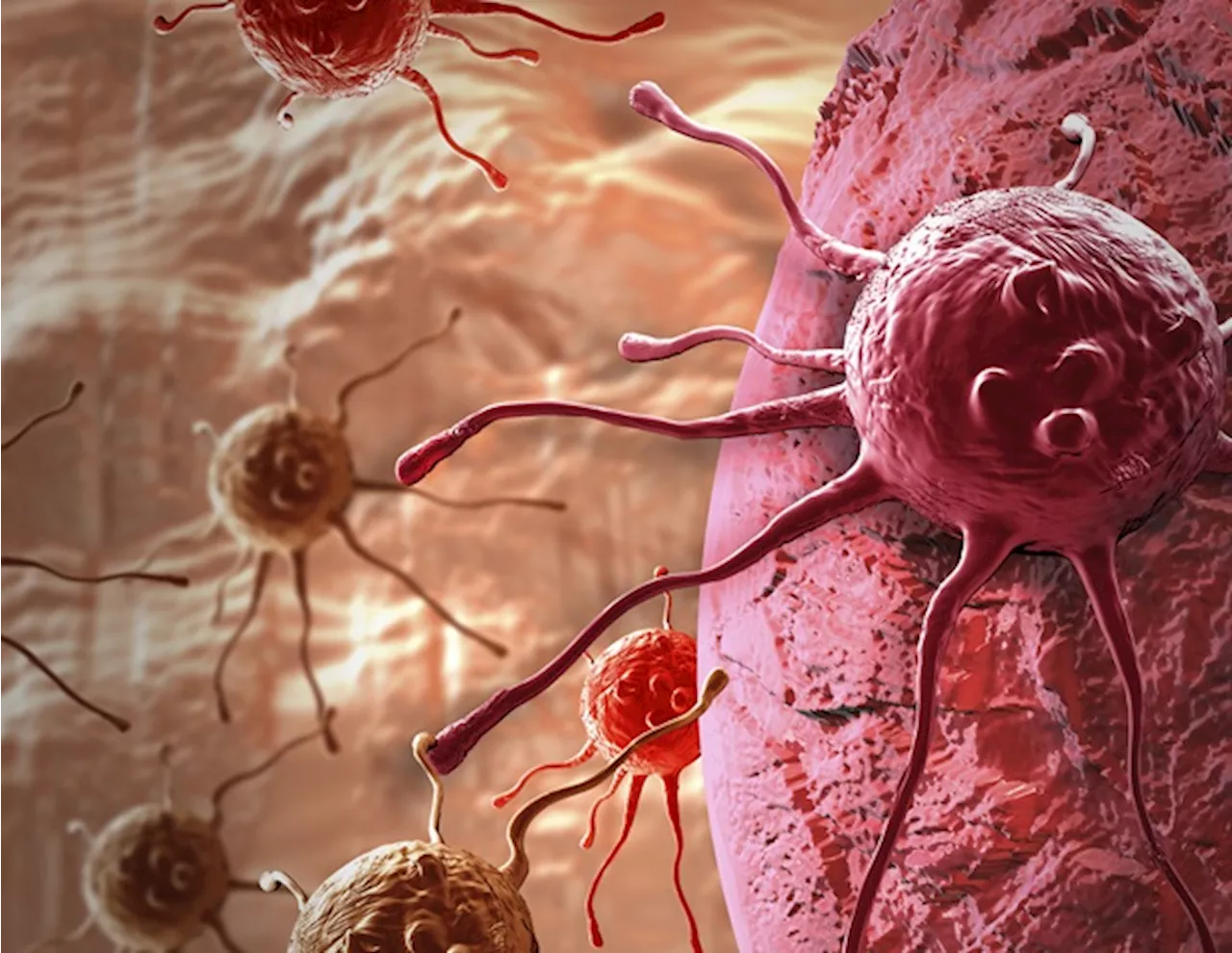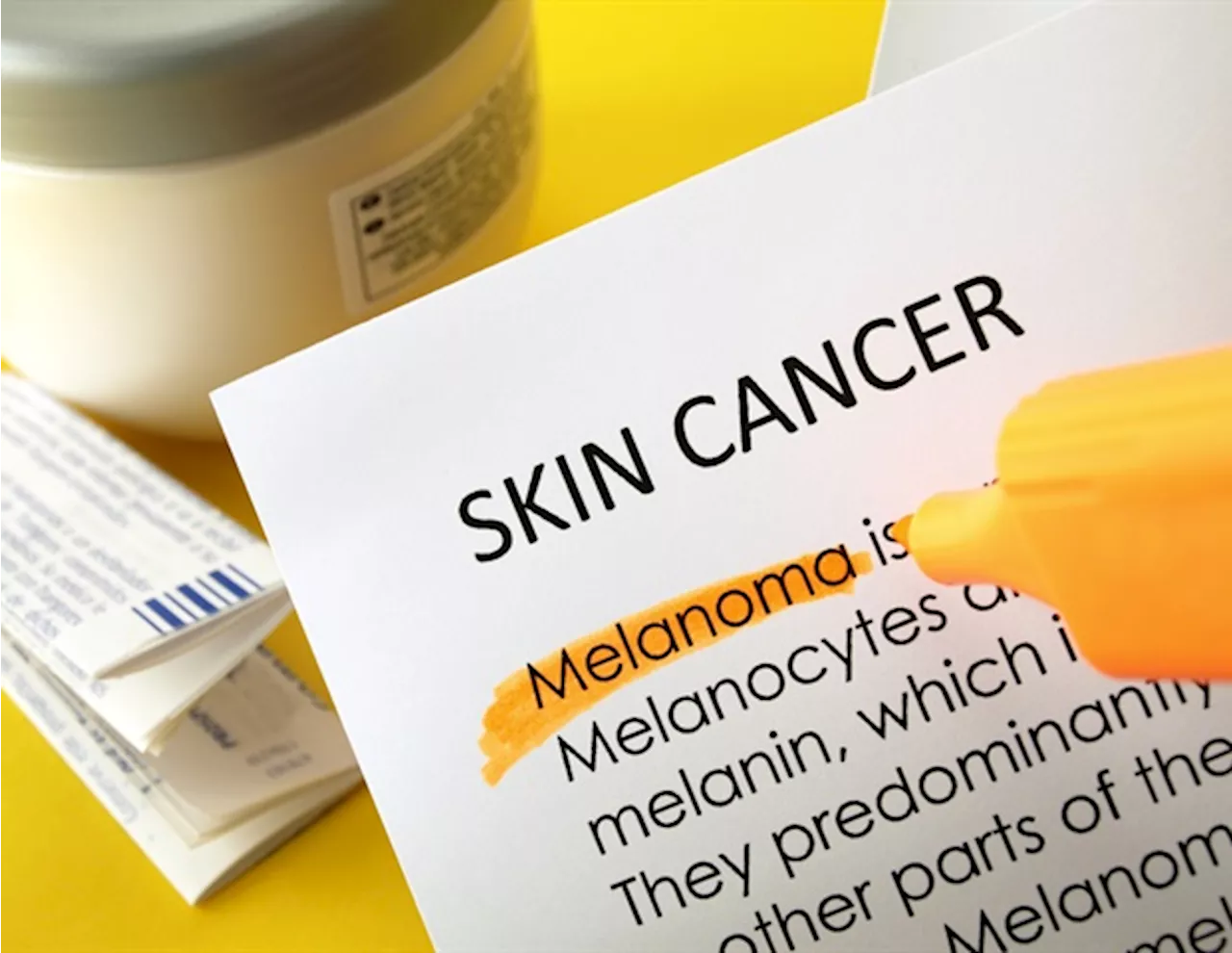Scientists at Indiana University School of Medicine have identified a new way to target prostate cancer by blocking its access to essential nutrients. The research, published in Science Signaling, suggests that inhibiting a protein called GCN2 could starve tumors and slow their growth.
New research by a team of Indiana University School of Medicine scientists and their collaborators has uncovered a novel vulnerability in prostate cancer animal models that starves prostate tumors of critical nutrients and stunts their growth, which could lead to the development of new treatments for the deadly disease. Led by IU School of Medicine's Kirk Staschke, PhD, assistant research professor of biochemistry and molecular biology, and Ronald C.
Wek, PhD, Showalter Professor of Biochemistry, the study was recently published in Science Signaling. Prostate cancer is a leading cause of cancer deaths in American men. Current treatments target the hormone testosterone, which prostate cancer cells need to grow. Unfortunately, prostate tumors frequently become resistant to these treatments, leaving doctors with few options to stop the disease. The research team discovered a promising new way to target prostate tumors by starving them of critical nutrients called amino acids. Like other tumors, prostate cancer cells need a lot of nutrients to support their rapid growth. As nutrients are depleted, a protein called GCN2 signals the cells to make more fuel for growth. The team reasoned that a drug that shuts GCN2 down would render the cancer unable to make enough fuel to survive. 'We were only partially correct,' said Staschke, who is also a researcher in the Experimental and Developmental Therapeutics research program at the IU Melvin and Bren Simon Comprehensive Cancer Center. 'Inhibiting GCN2 did slow the growth of the tumor cells, but it didn't kill them. That's when we discovered the cancer has a backup plan.' The team went on to show that a protein called p53 was cancer's 'Plan B.' The p53, which is functionally retained in most prostate cancers -; unlike in other forms of cancer -; signals to restrict cell division and gather nutrients
Prostate Cancer Treatment Amino Acids GCN2 P53
United Kingdom Latest News, United Kingdom Headlines
Similar News:You can also read news stories similar to this one that we have collected from other news sources.
 Study unveils key mechanism behind prostate cancer's uncontrolled growthProstate cancer hijacks the normal prostate's growth regulation program to release the brakes and grow freely, according to Weill Cornell Medicine researchers.
Study unveils key mechanism behind prostate cancer's uncontrolled growthProstate cancer hijacks the normal prostate's growth regulation program to release the brakes and grow freely, according to Weill Cornell Medicine researchers.
Read more »
 Study uncovers diversity of cancer-associated fibroblasts in skin cancerA study at MedUni Vienna's Department of Dermatology provides insights into the diversity of cancer-associated fibroblasts in white and black skin cancer and describes their different immunomodulatory roles in the tumor environment.
Study uncovers diversity of cancer-associated fibroblasts in skin cancerA study at MedUni Vienna's Department of Dermatology provides insights into the diversity of cancer-associated fibroblasts in white and black skin cancer and describes their different immunomodulatory roles in the tumor environment.
Read more »
 Study reveals how cancer cells evade chemotherapy in low-glucose environmentsLaboratory experiments with cancer cells reveal two ways in which tumors evade drugs designed to starve and kill them, a new study shows.
Study reveals how cancer cells evade chemotherapy in low-glucose environmentsLaboratory experiments with cancer cells reveal two ways in which tumors evade drugs designed to starve and kill them, a new study shows.
Read more »
 Study reveals shocking levels of cancer-linked pesticides in imported foodA total of 46 pesticides with links to cancer had been detected on food imports to Britain as of the end of last year, the latest available data, more than double the amount found on UK produce.
Study reveals shocking levels of cancer-linked pesticides in imported foodA total of 46 pesticides with links to cancer had been detected on food imports to Britain as of the end of last year, the latest available data, more than double the amount found on UK produce.
Read more »
 Global study reveals shifting trends in ovarian cancer incidence by subtype and regionStudy analyzed global patterns and trends in ovarian cancer incidence from 1988 to 2017, highlighting variations by histological subtypes and regions. It revealed significant geographic disparities, with higher rates in regions with very high HDIs and emphasized the need for targeted prevention and surveillance strategies.
Global study reveals shifting trends in ovarian cancer incidence by subtype and regionStudy analyzed global patterns and trends in ovarian cancer incidence from 1988 to 2017, highlighting variations by histological subtypes and regions. It revealed significant geographic disparities, with higher rates in regions with very high HDIs and emphasized the need for targeted prevention and surveillance strategies.
Read more »
 Demographic and socioeconomic factors impact prostate cancer detection in IrelandRecent findings from a study on prostate cancer in Ireland reveal diagnosis disparities, especially in urban areas and middle socioeconomic groups.
Demographic and socioeconomic factors impact prostate cancer detection in IrelandRecent findings from a study on prostate cancer in Ireland reveal diagnosis disparities, especially in urban areas and middle socioeconomic groups.
Read more »
